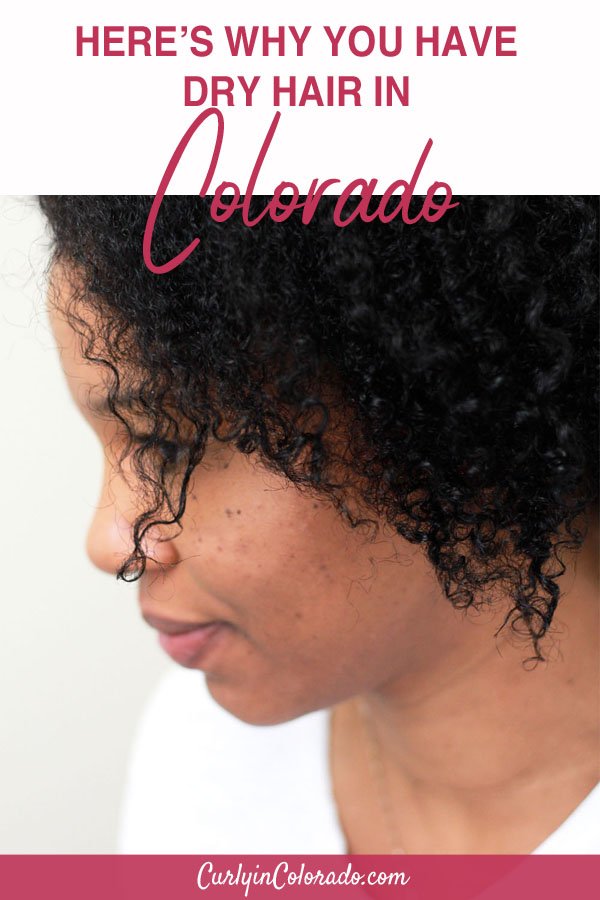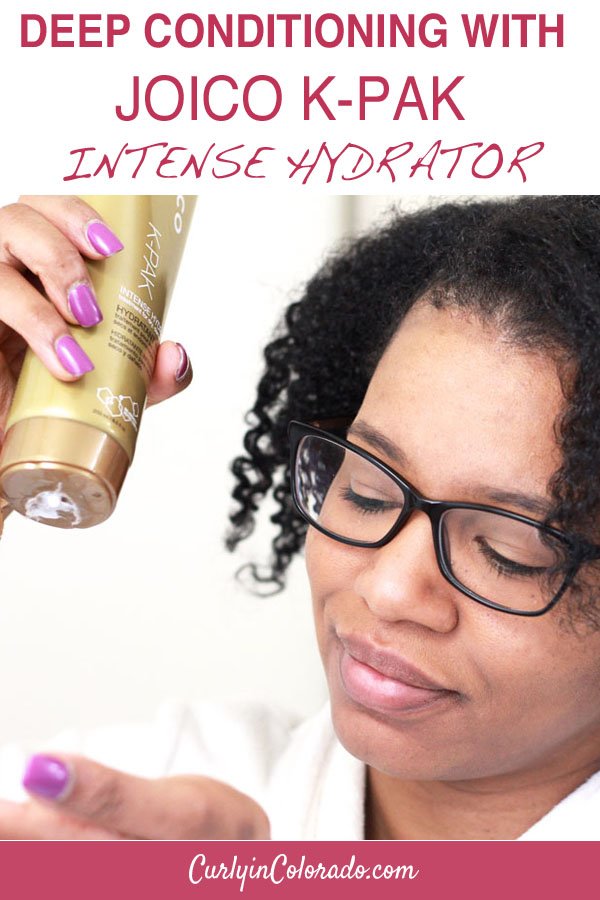A few weeks ago I realized that my hair needed a protein treatment. This may contradict what we are told in the Natural Hair community where popular belief is that natural hair doesn’t need additional protein. A protein treatment is often used to give added strength to hair strands. A lot of people think that since natural hair is free from chemicals that alter the texture, then the protein core is safe. However, there may be other times when a protein treatment is needed. The following are things that I look for when caring for my own natural hair

1. Excessive Shedding
When the hair sheds you’ll find full strands of hair with a white root bulb on one end. Shedding is considered normal at a rate of 50-100 strands of hair each day for most people. However, you may notice a drastic change in your rate of shedding that continues for a prolonged period of time. A protein treatment may aid in reducing the amount of shedding.*
2. Breakage
As I stated above, a protein treatment can give added strength to hair strands which in turn helps to protect the hair from breaking. If you are seeing small pieces of hair breaking and it’s not shedding then this may help.
WATCH ME USE THE
APHOGEE 2 MINUTE KERATIN RECONSTRUCTOR
PROTEIN TREATMENT ON MY CURLY HAIR
3. Change in Hair Texture
This can happen after using heat. The higher the temperature the more damaging the heat can be. For this reason you may find your hair is not curling back up or reverting back to your normal texture. I have experienced this several times and I always turn to a protein conditioner to see if that helps. If not, the damage may be permanent but at least the protein gives the hair an added layer of protection.
4. Excessive Split Ends
A few split ends here and there can be considered normal. It’s when you’re seeing a significant number of splits that you should be concerned. This calls for a trim and then maybe a light protein treatment to strengthen the hair and prevent further damage.
5. You Use Direct Heat and Hair Color
Some naturals are relaxer free but use hair dye and direct heat to alter the look of their natural hair. These can potentially lead to damage (cuticle layer damage or porosity issues) that can cause dryness and breakage.
What to Use for a Protein Treatment
A protein treatment can be made at home with mayonnaise, eggs, coconut milk and or avocado. There are also store bought conditioners that claim to fortify the hair with added protein. Look for things that say, “Strengthening” or, “for Damaged Hair”. This means there is protein in the ingredients list that may be helpful for hair that is dry, damaged and/or breaking. I like to apply a light protein conditioner to my hair and sit with it covered by a plastic cap for about twenty minutes. Remember though, anytime you use protein treatment on your hair it must be followed by a moisturizing deep treatment. Too much protein can make the hair feel brittle so the moisture will help to balance things out.
NOTE: If your hair is sensitive to protein then this may not be an option for you.
*Excessive hair loss can also be a sign of stress or a deeper health issue. It may be best to seek professional help if the condition does not respond to the use of protein or other at home treatments



